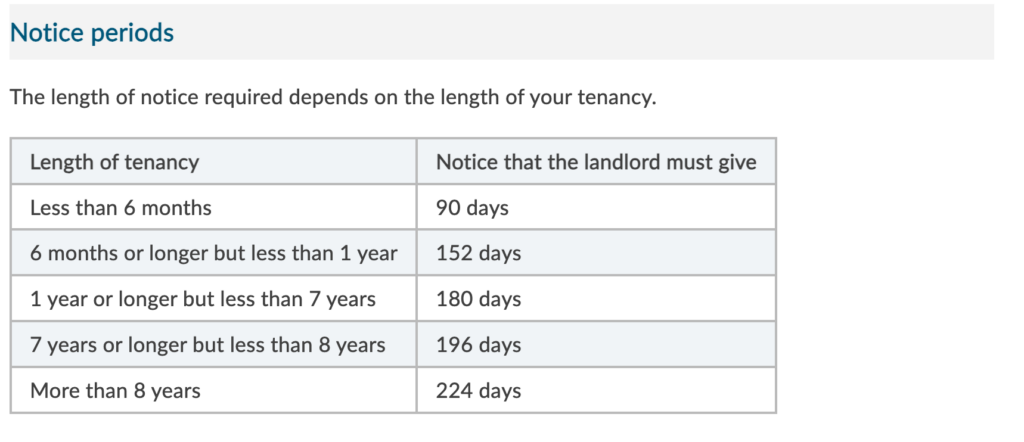Know Your Rights: Moving Out Edition


Text: Izzy Copestake
Around this time of year, many people move house. Whether it’s leaving a student gaff, subletting for summer, or just making a change, they all have one thing in common: the possibility of losing your deposit. As part of this series, “Know Your Rights,” we want to make sure you know what’s what at the end of your lease. From repairs to notice periods, we’ve got your back.
Your major rights and responsibilities as a tenant come from landlord and tenant law, as well as from the lease or tenancy agreement you have with your landlord. It’s important to understand that tenancy agreements cannot take away your rights as a tenant under the legislation. In short, if your lease goes against landlord and tenant law, your landlord is still breaking the law. (Note: If you are renting a room in your landlord’s home, some of the following may not apply.)
Your landlord cannot enter your home without permission
Upon moving out, your landlord will want to do a house inspection. This is the primary way they can establish if (and in some cases how) they are going to take some of your deposit. Unless there is an emergency, such as a fire, it is illegal for your landlord to enter the home without your permission. This right to privacy is a fundamental aspect of tenant rights and is protected under Irish law. So in short – if you aren’t ready for the house inspection, you’re landlord cannot catch you off guard.
Your landlord cannot keep your deposit for normal wear and tear of the property
A landlord cannot expect the dwelling to be returned in the same condition it was presented in at the beginning of the tenancy. The deposit can only be kept to fix things beyond normal wear and tear, such as a broken window.
Your security deposit should be returned ‘promptly’
Unless the deposit is being lawfully withheld, your deposit should be returned to you promptly after the tenancy has ended. While the deposit does not have to be returned to the tenant on the day you leave the accommodation to allow for inspections and repairs, it should be returned in a timely manner.
You are entitled to be reimbursed for any repairs that you carry out that are the landlord’s responsibility
Your landlord is legally obligated to ensure the property meets the minimum standards for rented accommodation. Some of these requirements include ensuring that the property does not have damp and is structurally sound internally and externally. If any part of the house, such as the roof, windows, floors, ceilings, or gutters need repairing – your landlord should foot the bill. This also includes any repairs to electrics, gas supplies, heating, ventilation or lights. If you end up paying, you should be reimbursed before the tenancy comes to an end.
If your landlord wants you to leave, they must serve you with a valid written notice of termination
When the landlord is serving your notice, they must also send a copy of the notice of termination to the Residential Tenancies Board (RTB). This must be done at the same time as it is sent to you. If this is not done, the notice of termination is invalid.
If your landlord wants you to leave, you must be given sufficient notice
If you have kept all your obligations as a tenant (such as paying rent on time) you are entitled to a minimum notice period of 90 days before you must leave the property – if you’ve stayed in the property for less than 6 months. If you’ve lived there for longer, you’re entitled to more time, see below:

You are entitled to refer any disputes to the Residential Tenancies Board (RTB) without being penalised.
One of the RTB’s functions is solving landlord, tenant disputes. If you’re landlord’s actions violates your rights as a tenant, you can report them to the RTB. However, your landlord is not allowed to penalise you for this. For example, evicting you early without cause.
For more information on your rights as a tenant more generally, visit Citizens Information.





